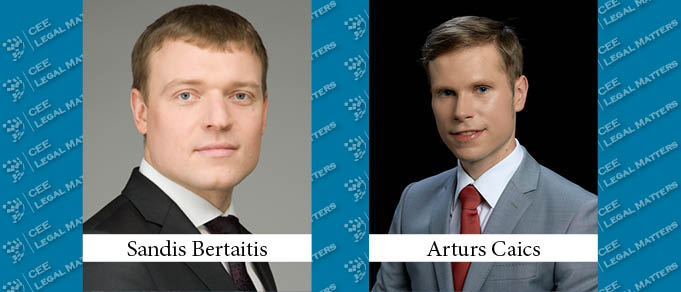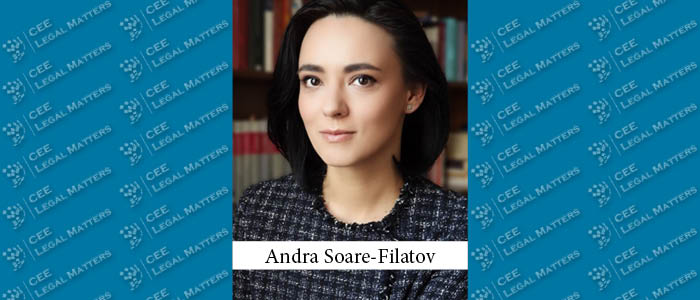The mandatory procurement of electricity (a “feed-in tariff,” or FIT) is one of the main schemes implemented in Latvia to support the production of renewable energy. FIT is a guaranteed right to sell a certain annual amount of electricity to the public entity for a fixed period of time at a price that exceeds the market price. The advantageous system is made available to combined heat and power (CHP) plants of high efficiency and producers using renewable energy. FIT is an important component of each renewable energy project, as renewable energy production without these rights is uncompetitive.
In 2017, a negative media publicity campaign was launched against several energy producers claiming that these producers did not fulfill their obligations to construct CHP units within the specified term. Consequently, Latvia’s Ministry of Economics started an investigation, ultimately concluding that these producers were not able to fulfill their obligations and withdrawing their FIT rights. The producers disputed the Ministry’s decisions by submitting claims to an administrative court. As a result, a number of court proceedings were initiated.
The main subject of the dispute was whether the producers were able to fulfill their obligations entitling them to maintain the FIT support; specifically, the requirement that producers must begin the production of electricity by a specified date.
Until 2017, in order to fulfil these obligations, producers had to submit permits to the Ministry that were issued by the electricity system operator entitling them to connect their CHP units to the system. These permits could be issued only following successful tests by the operator assessing the CHP unit’s performance and energy production. Thus, this permit was accepted as basic proof that the producer was able to ensure the production of electricity through the CHP process.
In addition, the Ministry acknowledged the ability to begin electricity production without installing full capacity of the CHP unit.
Many of the producers which were deprived of FIT support had received the necessary permits before the necessary date, but had not acquired the official acceptance certificate – the formal document issued by the building authority confirming that all construction has been completed. However, they had received letters from the Ministry informing them about specific obligations as well as written confirmation from the Ministry that they had successfully fulfilled those obligations.
In December, 2017, the Ministry changed its interpretation of the applicable regulations, in the process adding several additional obligations, such as: (i) a requirement that producers acquire the acceptance certificate and other documents confirming that the CHP unit was put into service; and (ii) the production of useful heat, which was delivered to the user.
During the proceedings, the producers referred to the consistent practice and interpretation applied by the Ministry for almost ten years, and to the Ministry's explanations and confirmations regarding the obligations, as supporting what they claimed were legitimate expectations. Additionally, the producers noted that deprivation of FIT rights was disproportionate considering that they were otherwise unable to recover their investments in the energy production projects and thus put at risk of insolvency.
However, the court not only accepted the position of the Ministry, but also expanded the producers’ obligations. In several cases the court concluded that the producers had an additional obligation to put into service a CHP unit with full capacity and ensure the undisrupted production of the electricity as of the specified term.
The court applied the interpretation which had been established only in December, 2017. In doing so, the court concluded that producers acted contrary to the regulations and were not able to fulfill their obligations. The court also noted that even though some producers acted according to the Ministry's instructions they still could not have legitimate expectations to actions which were not in compliance with the regulations.
The court’s ruling means that producers should be more careful and not rely only on the explanations provided by the responsible state institution, which alone are not enough to form the basis of legitimate expectations.
It should be added that a number of the aforesaid cases are now being adjudicated by the Supreme Court of Latvia. Therefore, there still is hope, although limited, that the court will recognize the legitimate expectations of the producers.
By Sandis Bertaitis, Partner, and Arturs Caics, Senior Associate, Fort Legal
This Article was originally published in Issue 7.6 of the CEE Legal Matters Magazine. If you would like to receive a hard copy of the magazine, you can subscribe here.
























